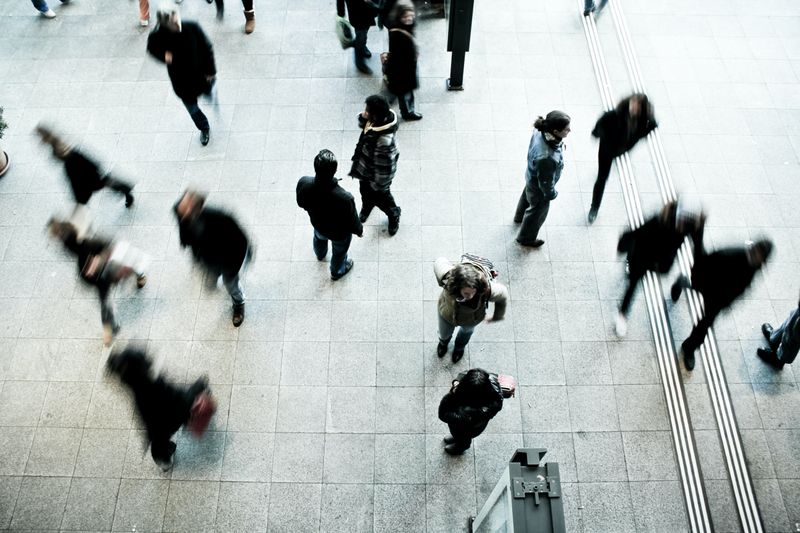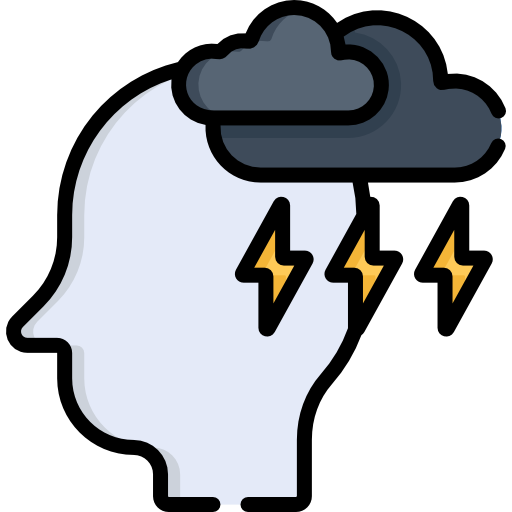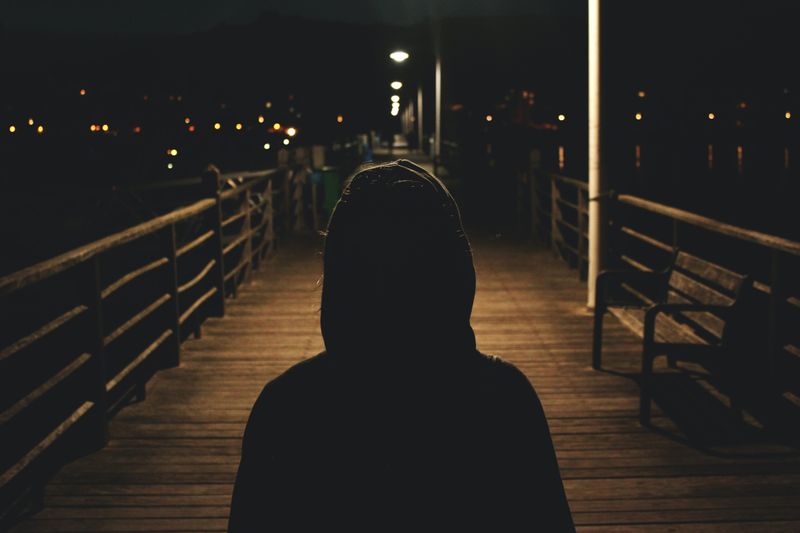
This logo isn't an ad or affiliate link. It's an organization that shares in our mission, and empowered the authors to share their insights in Byte form.
Rumie vets Bytes for compliance with our
Standards.
The organization is responsible for the completeness and reliability of the content.
Learn more
about how Rumie works with partners.
Are you afraid of places you feel like you can't escape from?
 Photo by Timon Studler on Unsplash
Photo by Timon Studler on UnsplashDo you feel inhibited by this fear? Is it stopping you from normal activities, like going out or riding an elevator?
If you answered YES to any of these questions, you may have a condition called agoraphobia.
What is agoraphobia?
According to the Mayo Clinic, agoraphobia is "a type of anxiety disorder in which you fear and avoid places or situations that might cause you to panic and make you feel trapped, helpless, or embarrassed."
These places include:
public transportation
open, enclosed, or crowded spaces
lineups
The fear stems from the thought that you might not be able to escape or get assistance. Therefore, some people can only go to these places with someone trustworthy, while others cannot leave their homes at all.
Did you know?
What are the signs and symptoms of agoraphobia?
Most people develop agoraphobia after they have one or more panic attacks and then subsequently avoid places that may trigger them.

Rapid heartbeat
Hyperventilating (rapid breathing)
Sweating, trembling
Feeling sick, faint, or dizzy

Chest pain
Difficulty swallowing
Diarrhea
General feelings of dread
Who might have agoraphobia?

Zaynab loves shopping and partying, but she starts hyperventilating if she tries to enter room 303 of Crenshaw Medical Center. That's the room she delivered her baby in after her incredibly difficult pregnancy and labor period.

Erica lives an ordinary life, going between work and home every day. She goes to the grocery store occasionally. She meets friends and family at home, but if they ask her to come over or go out, she comes up with an excuse and politely declines.
Quiz
Who do you think might have agoraphobia?
While it may seem Zaynab has agoraphobia because she can't enter room 303, this is likely due to trauma resulting from childbirth. She can manage being in other environments without difficulty. Erica's symptoms seem subtle, but her avoidance of social gatherings and going out in general could be a sign of agoraphobia. She might also have social anxiety. It's best for her to consult a doctor or mental health professional.
What to do next?
If you're showing signs and symptoms of agoraphobia, and it's affecting your quality of life, work on self-help techniques and seek professional help.

Take Action
This Byte has been authored by
Rozana Rahman
Learning Experience Designer
This Byte has been reviewed by
Yasmin R. Singh
RP (Qualifying), MA


